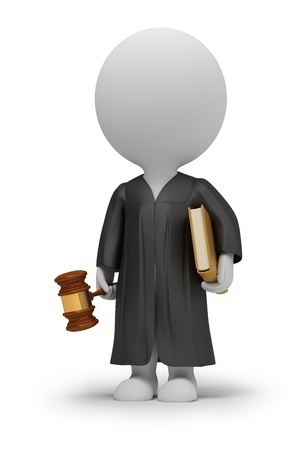Overview
In a recent case the CEO of a public company testified that he backdated the review of a whistleblower. It was not helpful testimony. What’s worse, based on the report of the incident, it appeared that the case was a winner for the company. Whether this backdating was legal suicide remains to be seen. The real question is why would he even try to backdate a document?
I have been offered backdated documents in the course of litigation a dozen times or more in my career. These backdated documents were not from criminals. Typically, they came from ordinary business people. What’s more, not a single time did the proponent of the backdated document think it was even a little shady, and was totally surprised when I told them the backdated document was at best useless and potentially harmful.
Here’s why. In business the notion that paperwork sometimes needs to catch up with the flow of products, services and money is absolutely ordinary. Many times you don’t, or can’t, know what the transaction will look like until after it is started. Even my colleagues on the corporate side do not shy away from backdated documents. They leave a clue; however, when a document says it’s is effective “as of” a date you can bet it was actually executed after that date.
If backdating is business as usual why is it poison in litigation? The short answer is litigation is never business as usual. When business people legitimately backdate documents everyone affected by the documents agrees on the backdating. Business backdating is done to document what has happened and what everyone expects to continue.
Litigation backdating is usually not unanimous. In litigation, by definition, everyone does not agree. In litigation there is often, maybe always, a disagreement as to what happened and/or when it happened. Litigation backdating looks bad and is bad because it is an attempt to gain an advantage in a dispute.
 Looked at as an attempt to deceive, no one would approve of backdating. So why does it happen? Because most non-lawyers do not understand how different a trial or hearing is. In court, everything is suspect. Everyone’s credibility is on the line. Most importantly the judge, jury or arbitrator doesn’t know the people or the situation involved and simply can’t judge normal.
Looked at as an attempt to deceive, no one would approve of backdating. So why does it happen? Because most non-lawyers do not understand how different a trial or hearing is. In court, everything is suspect. Everyone’s credibility is on the line. Most importantly the judge, jury or arbitrator doesn’t know the people or the situation involved and simply can’t judge normal.
So what should you do about a non-documented event? You can make notes to aid your memory, just don’t represent they were made at the time of the event. Talk to your lawyer. Trials and hearings are still mostly testimony. If you did it, or saw it, or know it, you can probably testify about it. Yes a document would be nice, but life doesn’t always give you what you want.